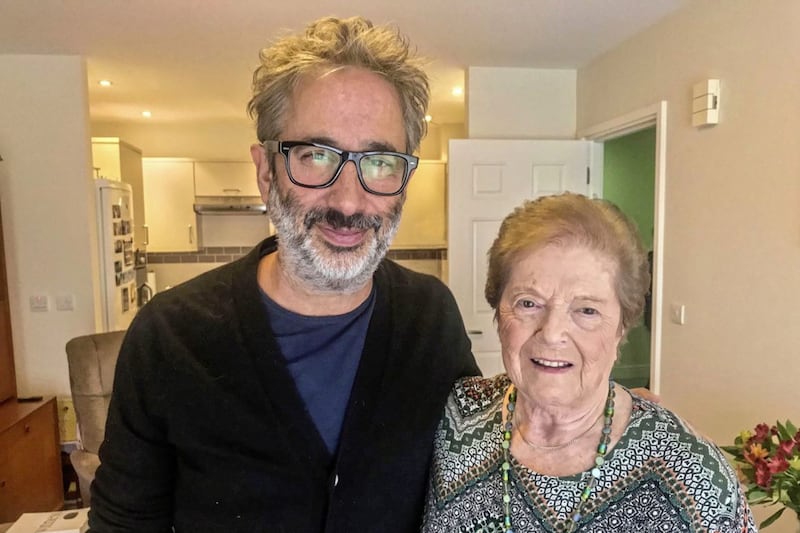The Enemy Files, RTE 1, Monday at 9.35pm
It’s rather surprising that Robert Fisk’s potentially inflammatory comments about the 1916 Rising did not attract more comment during the week.
Fisk deserves to be taken seriously. He’s a distinguished foreign correspondent and Middle East expert with Irish connections.
He has lived in Ireland periodically and started his journalism career covering the Troubles for the London Times.
Among his many books is an exploration of Ireland’s relationship with Britain during World War Two.
In short, Fisk understands the delicacies of both the Islamic Middle East and of Ireland’s relationship with Britain.
When he says there are comparisons between Pearse’s “cult of blood and martyrdom” and Islamic State we should take note.
Perhaps his comments in Michael Portillo’s fine documentary on the British view of the Rebellion went unnoticed because of the sheer scale of 1916 material on RTE and in our newspapers at the moment.
Perhaps also, it seemed an insensitive conversation, given that Islamic State killed 31 people in bomb attacks on Brussels on the day the documentary was broadcast.
Regardless, the fact that the national broadcaster produced The Enemy Files is a credit to them.
Because it, along with numerous other television and radio programmes and print articles, appear to signal that we are maturing in how we view our past - the events which brought the Free State, partition, Northern Ireland and the Republic.
How better to show that you are comfortable with yourself and your past than to reflect on the feelings of your one time enemies.
In Glasnevin cemetery in the coming weeks a commemorative wall with the names of all the dead of the Rising will be unveiled. The wall simply lists the 485 dead in chronological order giving their affiliation; either republican, civilian or British army.
Drawing equivalence between the men who fought for Irish freedom and the men, often also Irish, who tried to stop them in British uniforms has drawn much criticism, but it is a sign of our maturity.
Defending the project, a Glasnevin Trust spokesman said the wall will “record the names, date of death, and status of those who perished based on historical fact, without judgment or hierarchy. Each will be free to take from the wall what they wish.
“We acknowledge that for some this Necrology Wall is difficult to accept. But that does not prevent us from hoping that through the recording of facts, without judgment, a better understanding of this period will emerge”.
This is an entirely different approach to what went before.
There had been scant discussion about 1916 because it appeared too difficult to talk about, particularly in the Republic.
For many, the Provisional IRA campaign of the 70s, 80s and 90s created great dangers - that in some way recognising the foundation of the state through the violence of 1916 could be viewed as support or understanding for the Provos' violence.
That also went for remembering, discussing or understanding the death of Irishmen in the First World War. It was much easier to airbrush out of history the lives of more than 30,000 Irishmen than discuss why they were fighting in British uniforms against Germans.
Portillo, a former Conservative defence minister, was a perfect choice to consider the Rising from a British perspective.
A supporter of Margaret Thatcher who was once destined for party leadership, he’s developed a television career after leaving politics 15 years ago.
And his findings? That the British response to the rebellion was as confused and haphazard as the Rising.







